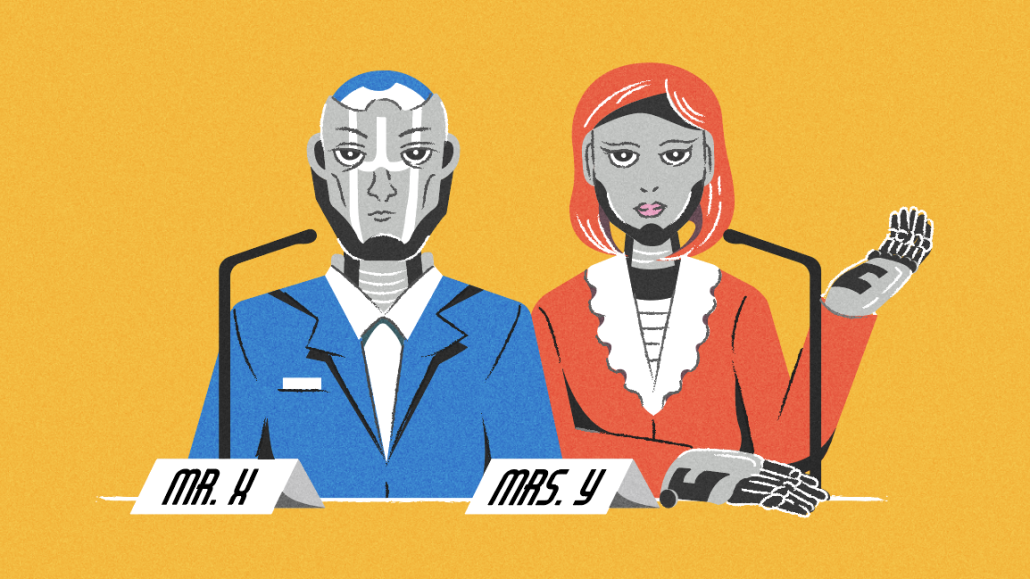Last chance to save on Digiday Publishing Summit passes is February 9

This story was first published by Digiday sibling WorkLife
Whether it’s fake photos of explosions that go viral, endless calls for regulation, or competitive product announcements from big tech companies, artificial intelligence is dominating the headlines on a daily basis.
The disruptive role AI and automation will have in our future working lives has long been debated. But when the generative AI tool ChatGPT, developed by OpenAI, burst into the mainstream at the end of 2022, it accelerated and compounded our deepest underlying fear about the tech: that AI will usurp our jobs.
But beyond the hype, the reality is very different. It’s true that the generative AI genie is well and truly out of the bottle: it will transform the ways workers interact with each other and their employers or clients. But it won’t decimate all jobs. Rather, it will evolve them, and in some cases could even create more jobs.
So what’s what? What should we worry about and what is mere hype? We have taken some of the most common AI misconceptions that have created a sense of panic and debunked them in this myth buster.
To read the full story click here
More in Media

In Graphic Detail: The scale of the challenge facing publishers, politicians eager to damage Google’s adland dominance
Last year was a blowout ad revenue year for Google, despite challenges from several quarters.

Why Walmart is basically a tech company now
The retail giant joined the Nasdaq exchange, also home to technology companies like Amazon, in December.

The Athletic invests in live blogs, video to insulate sports coverage from AI scraping
As the Super Bowl and Winter Olympics collide, The Athletic is leaning into live blogs and video to keeps fans locked in, and AI bots at bay.








